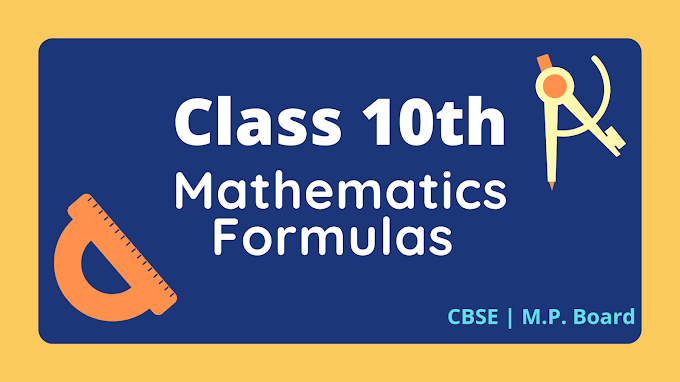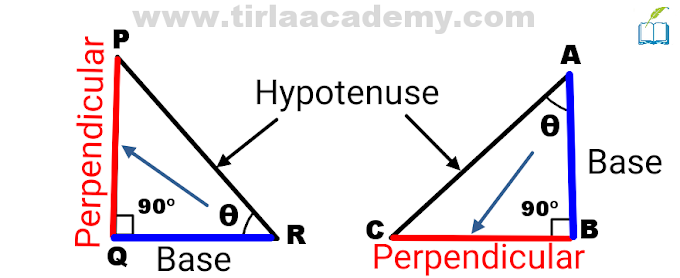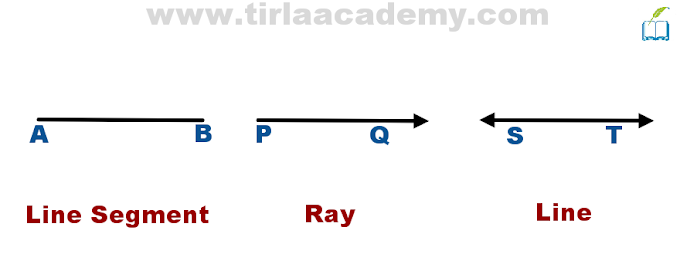1. Whole numbers definition and examples
The whole numbers are positive integers including zero.
or
All positive numbers(not in fractions or decimals) including zero are known as Whole numbers.
On a number line, we put many negative & positive numbers. Here all positive integers and zero(0) are whole numbers.
Examples of whole numbers
Examples of whole numbers are every positive integer like 300, 19, 459, 10002, etc. Zero is also a whole number.
2. Properties of Whole numbers with examples
1.) Closure property of whole numbers
According to closure property when we add two whole numbers then we get a whole number. It means the whole number is closed under addition.
Example:- 20+32=52 & 1+53=54.
Some other details for subtraction, multiplication & division are shown in below properties of the whole numbers chart-
2.) Commutative property of whole numbers
According to Commutative property when we add two whole numbers then the result will also be equal to the addition of both numbers after changing their place to each other.
Example:- (20+32)=52 or (32+20)=52
Some other details are shown in the properties of the whole numbers chart-
3.) Associative property of whole numbers
In associative property when we add three whole numbers. Then the sum of the first number & last two numbers will be equal to the sum of the first two numbers & last number.
Example:- 26+(29+5)=60, or (26+29)+5=60
Other details are discussed in the properties chart of the whole number.
4.) Distributive property of whole numbers
In distributive property, we distribute the whole numbers into brackets or take a common from brackets.
Example:-
a×(b+c) after distribution of a in b & c we will get (a×b)+(a×c).
If we have (a×b)+(a×c) then by the distributive property we will take a common so it will become a×(b+c).
3. FAQs on Whole Numbers
1. Which even & odd numbers are the whole number?
All positive even & odd numbers are the whole number. Example: 1,2,5,8,11,18, etc.
2. What is the difference between whole numbers & integers?
All negative & positive numbers are integers including zero, but they should not be in fractional form & decimal.
Instead, whole numbers are only positive integers including zero.
3. Are all whole numbers natural numbers?
Excluding zero, all whole numbers are natural numbers. Example:-1,2,3,4,5,6,7,8,9,10,11,.......etc.
4. Are all whole numbers rational numbers?
Yes, all whole numbers are rational numbers.
Because we may show all whole numbers in the form of p/q by putting 1 in the denominator of the whole number. Example: 2/1, 18/1, 450/1......etc.
5. How to use properties of whole numbers?
We are taking some examples of the whole numbers-
1. Solve 1962+453+1538+647 using the property of the whole number.
=(1962+1538)+(453+647) {By commutative property}
=3500+1100
=4600 Ans.
2. Solve 81265×169 - 81265×69 using the properties.
=81265(169-69) {By distributive property}
=81265×100
=8126500 Ans.
6. Is 0 a whole number?
Yes, 0 is a whole number.
7. Write all the properties of the whole number.
There are four properties of the whole that we use:
Closure property
Commutative property
Associative property
Distributive property
8. Difference between whole numbers and natural numbers
Whole numbers start from zero(0) while natural numbers start from one(1).
9. How many whole numbers are there between 81 and 101?
There are 19 whole numbers that lie between 81 and 101.
10. Are negative numbers whole numbers?
No, negative numbers are integers they are not whole numbers.









